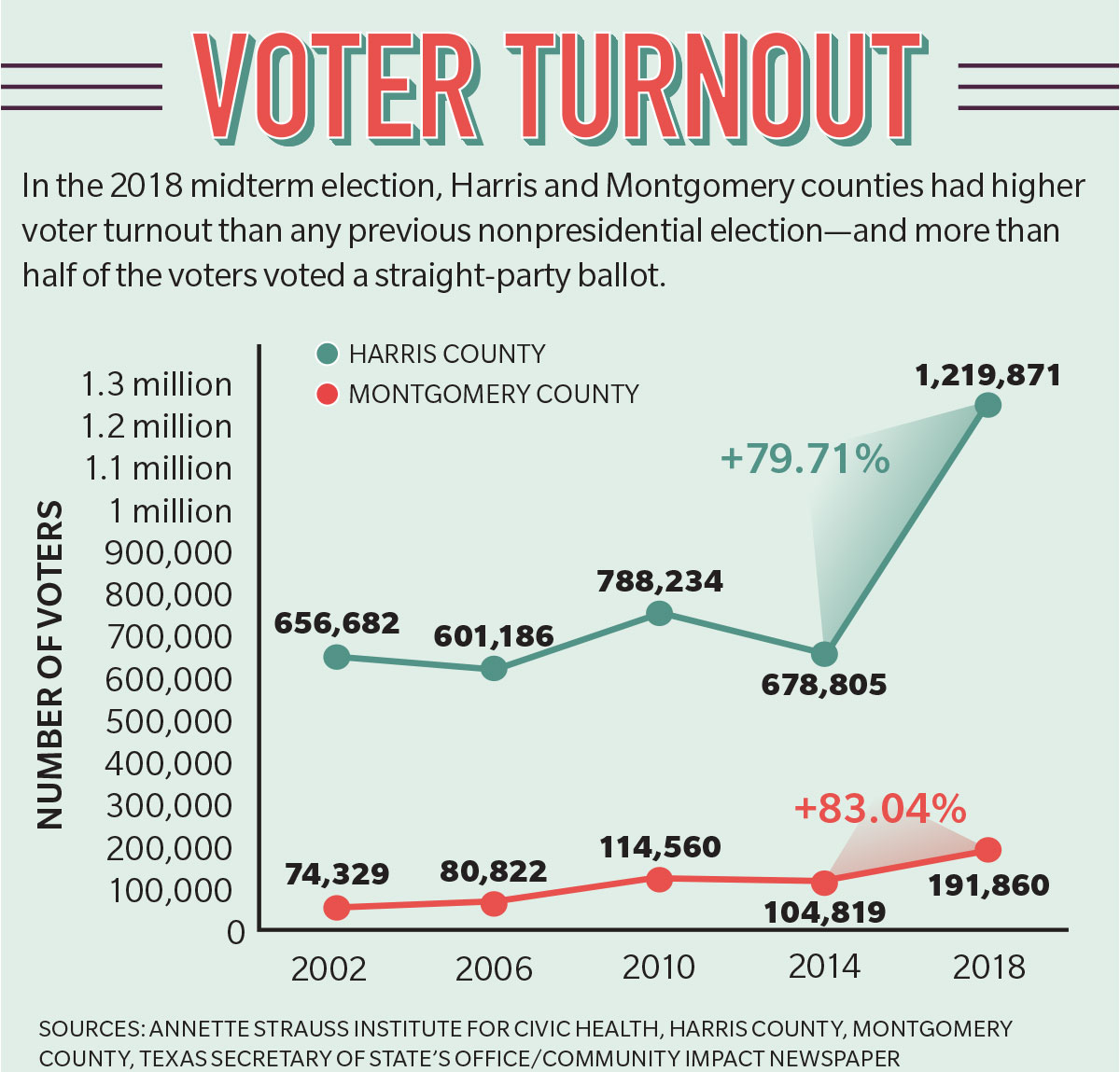What’s so great about high voter turnout?
In 2016, individuals in Harlem said they were neither astounded nor stressed over Trump’s triumph.
Almost 100 million individuals cast a ballot before Election Day, which is just shy of seventy-five percent of the complete vote in 2016. Somewhat, that is because of pandemic dread of swarmed surveying places, yet it additionally mirrors a lot more extensive worry about the present status of governmental issues in America.
A few people vote out of city obligation, others when they are energized, and still, others when they are restless or even frightened. However, in a normal official year, over 40% of all qualified electors don’t cast a ballot by any means. Since 1980, the normal turnout has been 56%, as indicated by the American Presidency Project at the University of California, Santa Barbara. This year predicts Michael McDonald, the University of Florida political specialist who oversees the U.S. Decisions Project, turnout may arrive at 65%, which isn’t just well better than expected for as far back as 40 years however a huge hop from the 59% who turned out in 2016. The last time 65% of qualified electors took an interest in an official political race was in 1908.
We had traces of what was to come in the 2018 midterms. In the long term prior, turnout was the most reduced on record for any midterm political decision since World War II. In 2018, it was the most noteworthy in over a century. Demographically, individuals with lower levels of training and pay are less disposed to cast a ballot, as are ongoing outsiders. Leftists highlight “elector concealment” as the explanation, helpfully overlooking that dark turnout has developed since the 1990s, even in states with exacting citizen ID laws, and that in 2012 it outperformed the pace of white citizen turnout. An investigation of the 2018 races by the Pew Research Center announced that “all major racial and ethnic gatherings saw notable bounces in elector turnout.”
The most probable offender of lower citizen turnout in the U.S. is far and wide unresponsive. A 2008 Census Bureau study of qualified however unregistered citizens found that the biggest level of respondents (46%) said they were “not keen on the political decision” or “not engaged with legislative issues.” Another 17.5% expressed that they were “excessively occupied” to cast a ballot, and 12.9% said that they couldn’t have cared less for the competitors or for the mission issues being talked about. Just 6% referred to enlistment issues.
Now and then there are calls for “all-inclusive” or compulsory democratic laws to get more individuals locked in. Yet, individuals care about the result of a political race who are well on the way to partake. Do we truly need their votes weakened by uninterested individuals who are casting a ballot simply because it’s legally necessary? As it were, citizen aloofness can flag a solid popular government. Individuals who conclude that casting a ballot does not merit their time are communicating happiness, a specific degree of fulfillment with how much or how little governmental issues and lawmakers barge in on their day by day lives.
Citizen turnout in 2008 was the most elevated since 1960 and no uncertainty mirrored the memorable idea of Barack Obama’s political decision. This year, the uptick in casting a ballot in all likelihood mirrors the electorate’s anxiety about the nation’s future with Donald Trump in charge, or if nothing else that is the thing that Joe Biden and the Democrats trust. Mr. Biden spent the last days of his mission engaging the dark citizens who didn’t show up for Hillary Clinton in Detroit and Philadelphia four years back and along these lines may have cost her significant swing states. They are similar citizens I talked within New York City’s Harlem neighborhood seven days after Mr. Trump was chosen and the majority of the country was still in stun.
The individuals I experienced weren’t Trump allies, yet nor were they particularly shocked by his triumph or panicky. All things considered, they struck me as unconcerned. A pastor disclosed to me that he upheld the duly elected president’s peace message however that the national government can, unfortunately, do a limited amount of much about downtown wrongdoing. A beauty parlor proprietor from West Africa disclosed to me that she thought Mr. Trump’s tirades about dividers and extraditions were generally rant. An off the clock cop said that Mrs. Clinton had invested an excess of energy discussing international strategy, which to him made her sound distant from what was occurring here.
We’ll need to trust that the outcomes will see if these perspectives hold four years after the fact, however in significant ways this general apathy ended up being justified. Prior to the Covid episode, low-pay minorities were encountering record low degrees of neediness and joblessness, and nobody ought to be astonished if the president improves his exhibition among dark and Hispanic electors on Tuesday.
At long last, that may not be sufficient to make up for a 44% occupation endorsement rating or a sharp decrease in help among seniors and rural ladies. Be that as it may, regardless of whether he wins a subsequent term, Mr. Trump has succeeded obviously in subverting the left’s thought that the Democratic administration is by one way or another an essential for diminishing social disparity in America.

